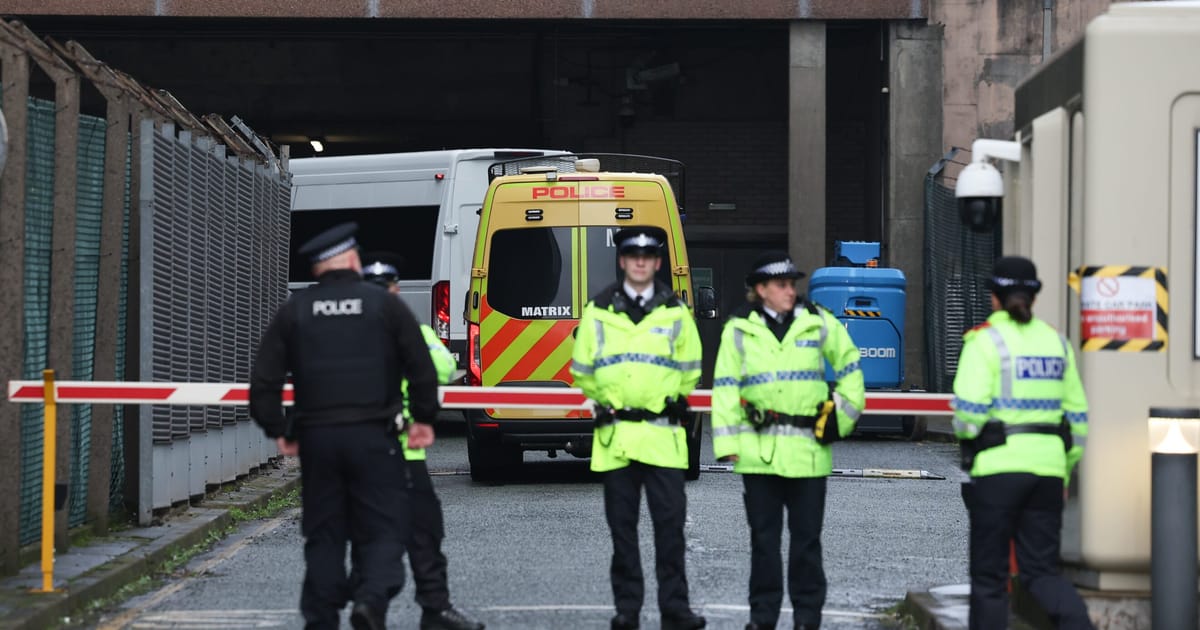

In our interconnected world, the events shaping current headlines reveal the complex tapestry of issues we face. From online safety laws in the UK to the humanitarian situation in Gaza, the recent motions within the UK’s Labour Party, air quality analysis in the US, and the financial challenges of humanitarian aid, each piece underscores the global community’s ongoing efforts to manage and navigate these challenges mindfully and effectively.
The UK is progressing with its Online Safety Act, designed to tackle misinformation and boost safety in the digital realm. However, Members of Parliament have raised concerns that the legislation may not be comprehensive enough to prevent incidents similar to the Southport riots. This apprehension highlights the ongoing dialogue about the effectiveness and scope of laws in curbing misinformation, which continues to evolve as social landscapes change. The online environment remains a space of rapid transformation, demanding persistent attention and adaptation from policymakers.
In the Middle East, the humanitarian crisis in Gaza persists as a poignant reminder of the dire conditions faced by civilians amid prolonged conflict. Reports from the United Nations have highlighted that nearly 800 individuals have lost their lives while seeking essential food aid since the end of May. Many of these casualties occurred near locations administered by the Gaza Humanitarian Foundation, an organization that has faced criticism for potential violations of humanitarian principles. The plight of over two million displaced residents emphasizes the need for sustained international aid and conflict resolution efforts to alleviate their suffering.
Meanwhile, in the United States, recent analysis brings to light the inconsistencies in air pollution data collection. Concerns have emerged about the reliability of measurements used to assess the impact of industrial emissions. Over a decade, such measures have often strayed from best practices, undermining their utility in reliably predicting pollution levels. Ensuring accurate environmental data is crucial as communities aim to protect public health and foster sustainable industrial development.
Across the Atlantic, Unite, one of the UK’s significant trade unions, has made headlines with its decision to suspend the membership of Deputy Prime Minister Angela Rayner. This move comes amidst the tension over Birmingham’s bin workers’ strike and reflects ongoing strains within political alliances over labor issues. The matter underscores the dynamic and sometimes contentious nature of political and union relationships, as parties align and realign based on core issues such as workers’ rights and economic policies.
On the African continent, the United Nations World Food Programme (WFP) faces financial challenges that have compelled it to suspend assistance to several countries. The WFP’s call for $494 million in additional funding highlights the critical nature of its work and the ongoing financial hurdles in ensuring food security across vulnerable populations. This scenario serves as a call to action for global cooperation and support for humanitarian initiatives addressing immediate and long-term needs.
In reflecting upon these global situations, one can observe the intricate interplay of politics, safety, environmental integrity, and humanitarianism. Each scenario calls for a balanced approach, advocating for collaboration and innovative solutions to foster resilience and well-being across communities worldwide.
Source: {link}
